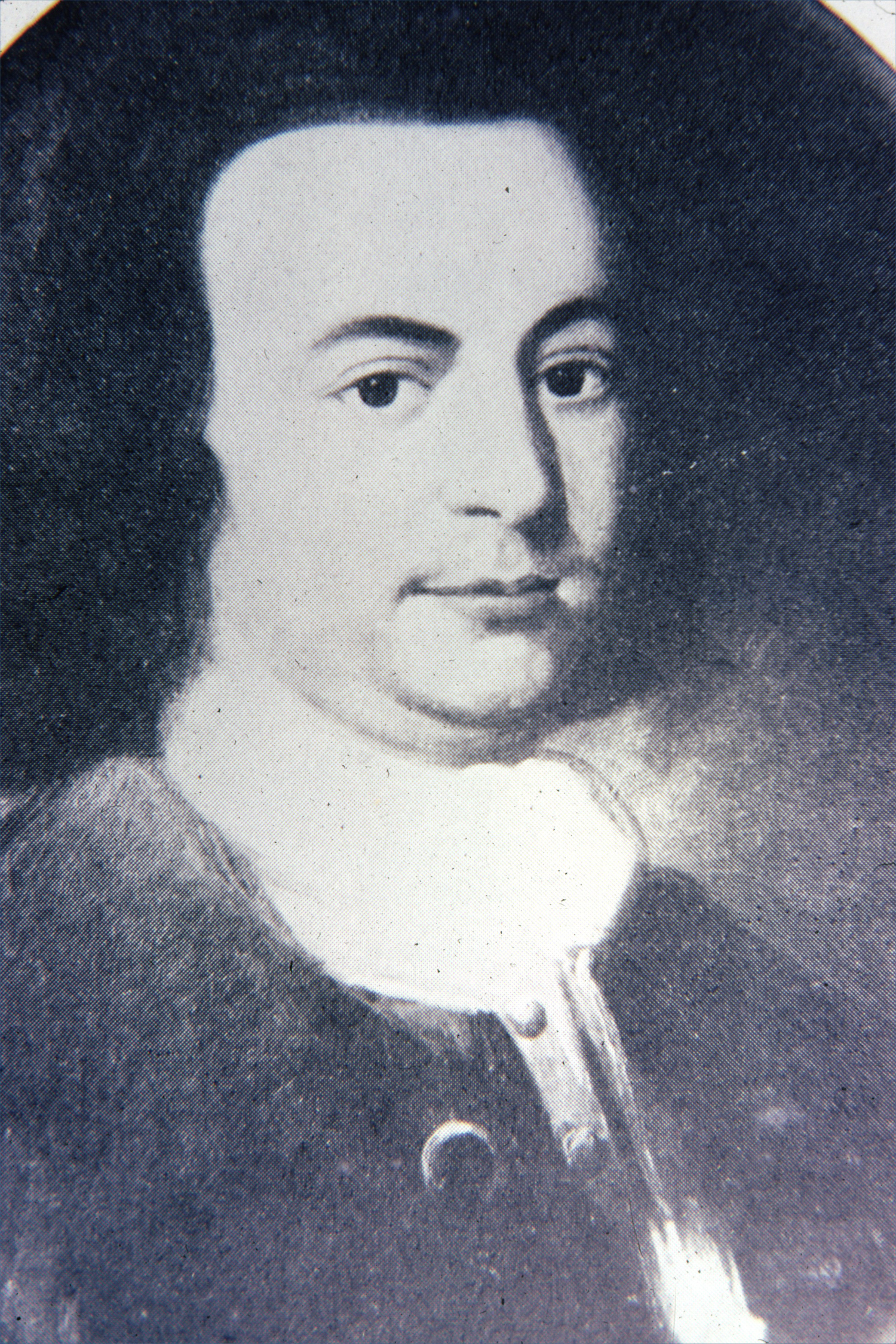
NASHVILLE, Tenn. (BP)–Sports pundits didn’t give the Patriots of George Mason University much of a chance to make it out of the first round in the men’s NCAA basketball tournament when they were awarded an at-large bid pitting them against the Spartans of Michigan State.
But after making it to the tournament’s Final Four, besting the Spartans, then the North Carolina Tar Heels, the Shockers of Wichita State and, in the NCAA Elite 8, the Connecticut Huskies, many Americans are rooting for George Mason to continue their improbable run right into the tournament’s final game April 3 in Indianapolis.
Hearkening back to another contest some 200-plus years ago, pundits wouldn’t have given another group of patriots, including George Mason of Virginia, much of a chance either. Yet those patriots, intent on securing their independence from the British crown, did prevail, and Mason’s commitment to the principles of individual liberty ensures our freedoms today.
George Mason — rightfully called the Father of the Bill of Rights — insisted that the individual sovereignty of American citizens be protected in the new nation.
The Virginia Declaration of Rights, penned by Mason and adopted June 12, 1776, is said to be the first American document to both limit the government’s authority and strengthen citizens’ rights. This important document informed the Declaration of Independence, the U.S. Constitution and eventually the U.S. Bill of Rights.
In the Virginia Declaration of Rights, Mason wrote that men are “by nature equally free and independent, and have certain inherent rights.” People are equal in their rights to “life and liberty … [and] acquiring and possessing property, and pursuing and obtaining happiness,” he wrote.
Mason, a Virginia delegate to the Constitutional Convention in Philadelphia, opposed ratification of the U.S. Constitution because it lacked a bill of rights and failed to lay out a plan for ending slavery. Fearful of an omnipotent federal government, he said there was never an “instance of a general National Government extending over so extensive a country … where the people retained their liberty.”
Despite the opposition of Mason and other anti-federalists, the U.S. Constitution was ratified. Yet during the first session of Congress, James Madison introduced a bill of rights, closely based on Mason’s proposals during the Constitutional Convention, which was eventually ratified and remains a crucial part of the Constitution today.
What exactly does the Bill of Rights, that is, the first 10 amendments to the U.S. Constitution, secure for today’s Americans? Generally speaking, it provides for our rights to free speech and peaceful assembly, a free press, freedom of religious expression, the right to keep and bear arms, to not have soldiers set up camp in our homes without our permission, a reasonable amount of privacy in our homes, private property rights, due process under the law, a speedy trial by jury, and an acknowledgment that the Constitution gives only certain powers to the federal government, leaving the rest to the states and the citizenry.
Mason also knew the strictures imposed by a state church. In his first draft of the Virginia Declaration, he wrote that “Religion, or the Duty which we owe to our divine and omnipotent Creator, and the Manner of discharging it, can be governed only by Reason and Conviction, not by Force or Violence.”
As basketball fans in 2006 wonder how a small school out of the Colonial Athletic Association can field a basketball team that can make it to the sport’s hallowed ground — the NCAA Final Four — history books likewise often overlook Mason’s commitment to establish freedom of religious expression in the new nation.
Yet it is impossible to overestimate the value of the freedoms that have been enjoyed in the United States. Because of Mason’s insistence, those who hold religious convictions have both a right to exercise their faith freely as well as an obligation to bring their faith into the marketplace of ideas and public policy. Those who seek to privatize and censor religious expression are at odds with the Constitution and the ideals espoused by Mason.
Reflecting upon the liberties that abound in the United States of America, it is proper to give thanks to God for the nation’s visionary Founding Fathers, who at great cost resisted tyranny to secure an enduring freedom.
No matter where your collegiate allegiances rest, it’s appropriate to express appreciation for patriots like George Mason who, long before the Final Four, persevered despite the odds.
–30–














